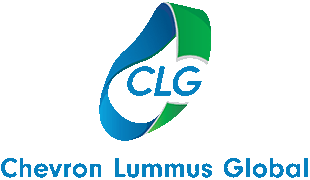Throughout the world, tightening environmental legislation is moving lubricant marketers to demand higher performance from base oils.
Processing designed for profit and performance
CLG’s three-step, all-hydroprocessing route for the production of base oils meets tomorrow’s performance specifications, today. This advanced processing pathway permits refiners to improve product quality and processing flexibility while achieving high return on investment from existing base oils processing schemes or new, grassroots facilities.
More stringent finished lubricant performance specifications are driving the demand for higher-quality base oils. These specifications call for:
- Lighter viscosity grades for increased fuel economy
- Lower volatility for reduced oil consumption
- Improved oxidation and thermal stability for longer drain intervals
- Improved lubricant performance at low and high temperatures to meet the needs of modern engine designs
Previously, the only way to meet these requirements was through the use of expensive polyalpha olefin (PAO)-based oils. The challenge for refiners is to economically improve the properties of finished base oils derived from vacuum gas oil (VGO), refinery process streams such as hydrocrackate or deasphalted oil (DAO), raffinates, foots oil and slack wax produced in existing solvent base oil facilities, or other waxes.
CLG’s all-hydroprocessing technology is the only economical solution for meeting the challenge of future requirements.
